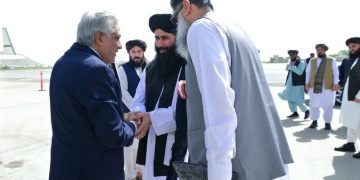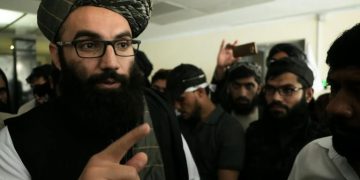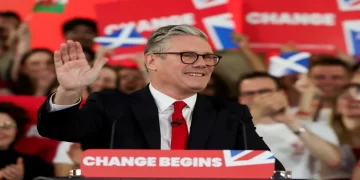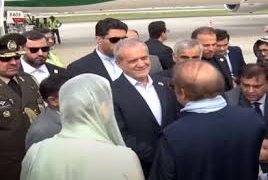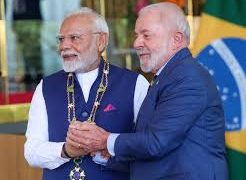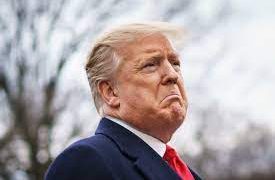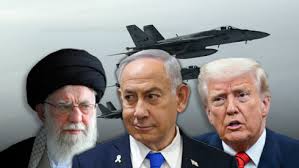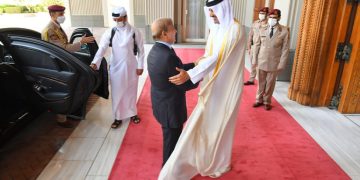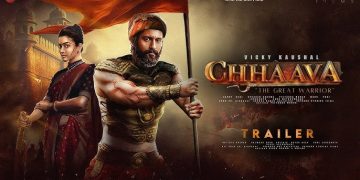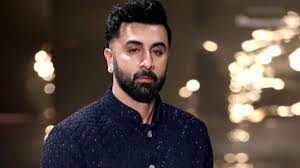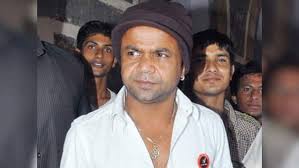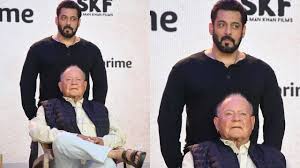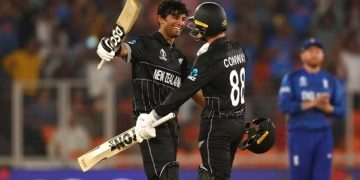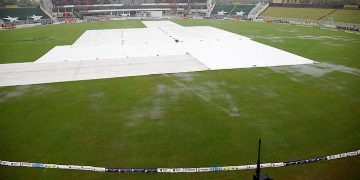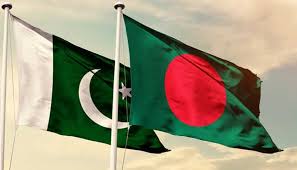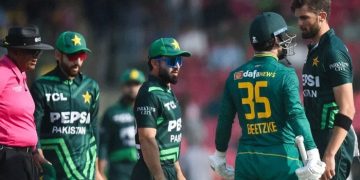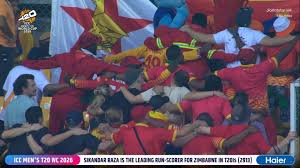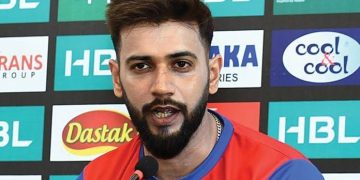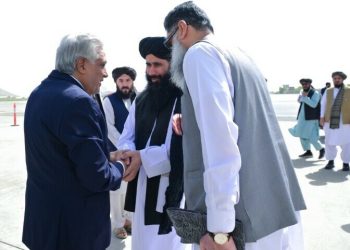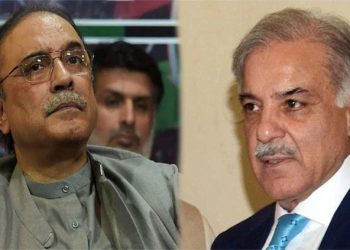WEB DESK
Outgoing Chief of Army Staff General Qamar Javed Bajwa on Wednesday sought to remind the civilians of all the services and sacrifices rendered by the military, especially those beyond its mandate. But he suggested that the days of crutching on the powerful military may be at an end with the institution resolved to remain ‘neutral’, deeming that “military’s interference in politics is unconstitutional”.
He said this while addressing a Martyrs Day Ceremony at the General Headquarters in Rawalpindi.
The ceremony began after COAS Bajwa, who is only days away from retiring after completing an extended term as the army chief, laid wreaths in an elaborate ceremony at the martyrs monument in GHQ.
During his speech at the ceremony, COAS Bajwa said that while we cannot repay the sacrifices rendered by the martyrs, they will also not allow them to go in vain.
“I pray that in the coming days that the military will continue its streak of success,” he said.
“Army’s primary job is to protect the geographical borders of the country, but the military has always stepped up beyond its mandate to serve the public,” he said.
“Whether it is the issue of the Reko Diq or Karkay fines, losses from FATF or getting Pakistan to the white [and out of grey list], or merger of the tribal areas or fencing the border, arranging cheap gas from Qatar or securing loans from friendly countries, fighting Covid-19 or tackling swarms of locusts, relief and rescue works during the floods, military has always worked beyond its mandate to serve the nation and will always do.”
“I assure you, that despite all of these additional tasks, the military will never ignore its primary functions and in tackling terrorism,” he said.
“You know that the peace in our cities and villages today is due to the sacrifice of thousands of martyrs,” he said referring to the years-long military operations to purge the country of terrorists.
“Nations who forget their martyrs are wiped away,” he asserted.
‘71 was a political failure’
“I want to talk about a topic on which most people often choose to ignore,” he said.
“The topic,” he said, “was the performance of the military in former East Pakistan in 1971. It want to set some facts straight.”
“It was not a military failure, but a political failure.”
The army chief clarified that the fighting force deployed in East Pakistan in 1971 was only 34,000 and not 92,000 as claimed.
“This force of 34,000 was fighting against 250,000 Indian army, 200,000 trained Mukti Bahini,” he said.
“Against these heavy odds, our force fought valiantly and presented unmatchable sacrifices, which the Indian Army Chief Field Marshal Sam Manekshaw also acknowledged.”
“The sacrifices of those brave soldiers was never acknowledged by the nation, which is a great injustice. Today, I want to take this opportunity to pay tribute to those martyrs and will always pay tribute to them, they are our heroes and the nation should be proud of them.”
Undue criticism of the military
The army chief also spoke about the barrage of criticism faced by the military recently.
He stated how he had been wondering for years how the Indian army, which commits the most human rights violations but is seldom singled out by the Indian nation for criticism.
“By contrast, our military remains busy day and night in serving the nation. But for one reason or the other, it keeps facing criticism from the public.” he said.
“In my view, this is largely because for 70 years the military has been interfering in the national politics in one shape or form,” he stated.
“This is unconstitutional,” he asserted.
In this regard, COAS Bajwa said “last year in February, the military decided after prolonged deliberations to not interfere in any political matter.”
“I assure you we are firmly resolved on this, and will remain firm on this decision in the future as well.”
However, instead of welcoming this constitutional step by the military, he said that several quarters used this to target the military for severe criticism.

